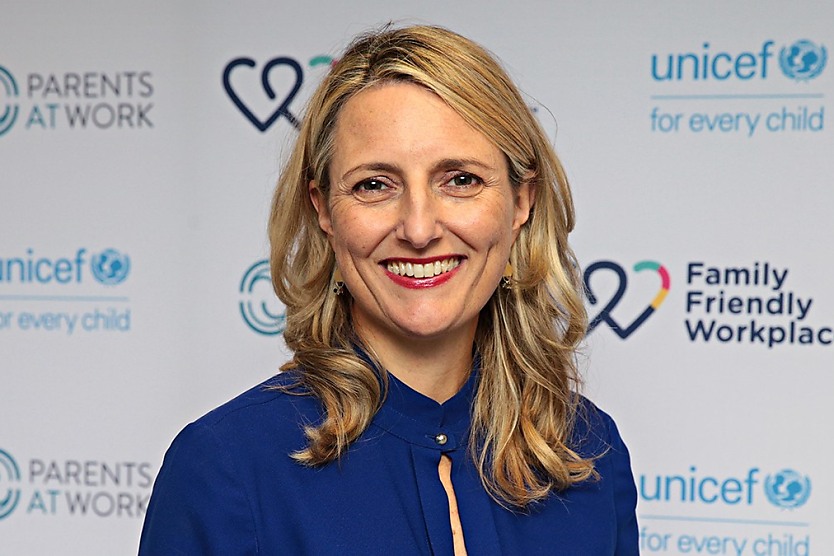
Finding a middle ground between work and home life is important to staying happy.
Happy employees are better employees, so leaders should strive to help their workers achieve a healthy balance.
Emma Walsh, founder of Family Friendly Workplaces and the chief executive of Parents at Work, discussed the work she does to help people find this balance and why it’s crucial for employers to do the same.
HR Leader: “What work does Parents At Work do to support families?”
Ms Walsh: “What we’re about is supporting employers to develop what we would call socially responsible family-inclusive workplace policies that really are about driving gender equality and work/life wellbeing outcomes.”
“I am an HR practitioner myself, and when I started my career, especially in those really early, young, impressionable days, of early 20s, you’re absorbing everything in the workplace and you’re keen to learn and you are watching leaders above you and how they are conducting themselves, how they’re managing their work demands and their home life.”
“Unfortunately for me, there wasn’t a huge amount of great role models that I saw doing that well … That left an early mark on my career … Many women, in particular, who were taking on the caring burden felt a need to choose between either their work or family life and made lots of sacrifices along the way with both. And I saw some really bad behaviour in workplaces. I saw some room for hope. [I thought] maybe that’s something I could use my HR experience to make a difference. And that’s how it became into being how it was born.”
HR Leader: “What are the biggest day-to-day struggles of working parents, and how can businesses that are in a position to adapt better support their employees?”
Ms Walsh: “More work can be done around mental health and wellbeing policies. We know that 42 per cent of companies actually have no mental health and wellbeing policy that’s specific to the family unit more broadly. So whilst the organisation might have some really great things in place that’s supposed to support with wellbeing, they don’t have that properly written down in a policy that legitimises it.”
She continued: “Sometimes employers put their effort into a nice wellbeing podcast, or we’ve got some expert coming in and going to talk to us next week about it, and they’re important. But if you don’t have an actual written-down policy around why we think mental health and wellbeing for you and your families is important, and this is what we are going to do about it, then it can seem to be a little bit half-baked.”
“The other thing that we see is a greater need to support with caring needs … So whether it be an elderly relative that’s sick, or parental leave that isn’t going to plan, or childcare that’s broken down. Organisations typically are still leaving that problem to the individual entirely to solve for; it’s not seen as a village problem.”
“If we don’t have the village mentality to work out very quickly how we can rally around that to fix it, then we know that that problem actually only continues, and it’s going to drag out for longer.”
HR Leader: “How can you ensure that it’s a consistent messaging being done, not just from a top level, but from the ground up?”
Ms Walsh: “I think it is both … If we do not have leaders tapped into this and seeing it as part of their role to help ensure that the work/life conflict of their employees is as best as possible supported, then a lot of company efforts fall short. I say it carefully because there are so many demands on leaders, of course.”
“But if we are going to put leaders in charge of and accountable for people’s performance, there needs to be recognition that people’s performance isn’t about just what they’re doing when they’re connected in with sending an email or doing a particular work task, it is about how they show up overall and how things are going in their whole life.”
She concluded: “The problem is, if we don’t worry about it at all, then we are really not getting the whole person to work; we are getting a whole lot of other things that might be playing out that are impacting the person’s ability to perform … So how do we make sure that leaders are not turning a blind eye to problems that exist for people? How do we equally equip them so that they are supported as leaders to have the right training and the right support to help all people that they are accountable for be their best self at work and at home?”
The transcript of this podcast episode, when quoted above, was slightly edited for publishing purposes. The full audio conversation with Emma Walsh on 9 May is below, and the original podcast article can be found here.
Jack Campbell
Jack is the editor at HR Leader.










